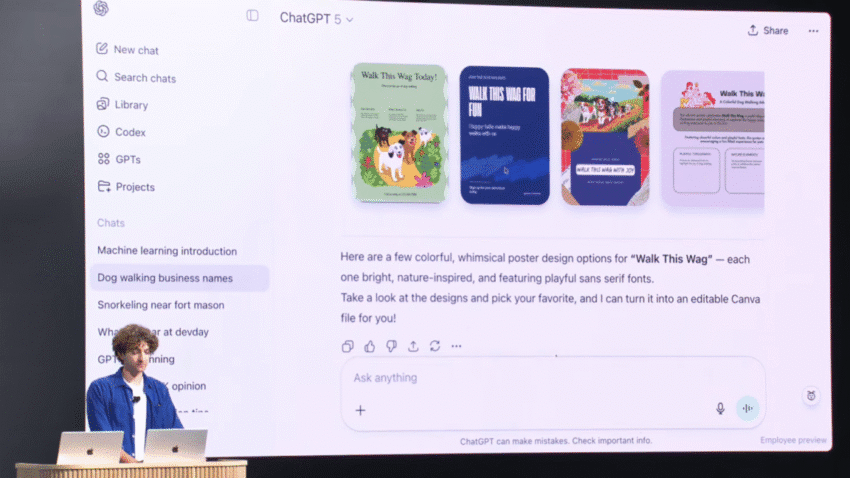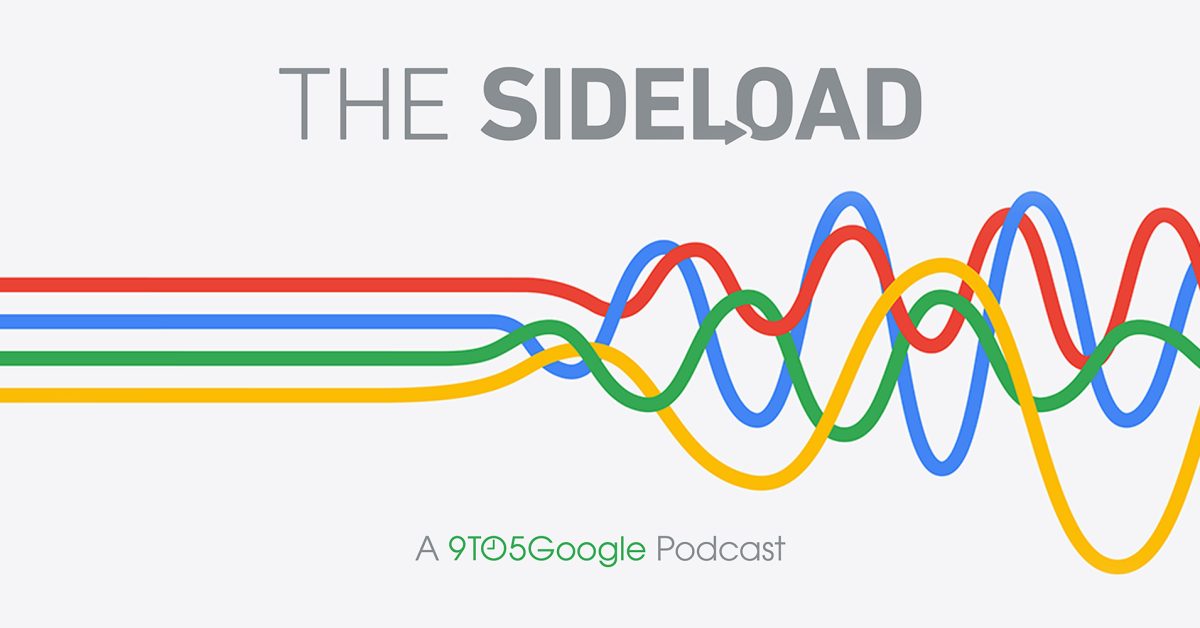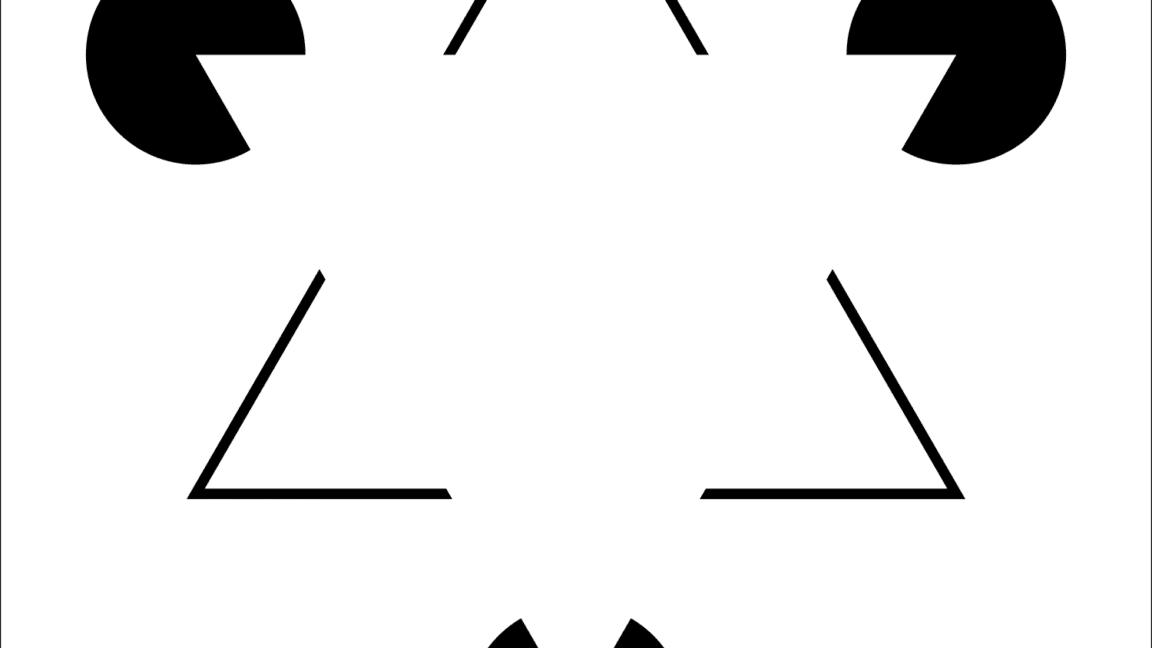
openai wants to make chatgpt into a OpenAI has unveiled an ambitious plan to transform ChatGPT into a universal app frontend, allowing developers to create integrated applications directly within the chat interface.
openai wants to make chatgpt into a
Introduction of the SDK Preview
During the OpenAI Dev Days keynote, CEO Sam Altman announced the launch of a Software Development Kit (SDK) preview, which is set to revolutionize how developers interact with ChatGPT. This new SDK will empower developers to “build real apps inside of ChatGPT,” marking a significant shift in the platform’s capabilities. Altman emphasized that starting today, developers will have “full stack” control over app data, action triggers, and even interactive user interfaces that can seamlessly integrate into existing ChatGPT conversations.
Technical Framework: Model Context Protocol (MCP)
At the core of this new SDK is the open-source Model Context Protocol (MCP). Altman explained that developers who are already utilizing MCP will find the integration process straightforward; they will only need to add an HTML resource to enable ChatGPT integration. This approach not only simplifies the development process but also encourages a broader range of applications to be built on the ChatGPT platform.
Implications of the MCP Framework
The use of an open-source framework like MCP has several implications for the developer community:
- Accessibility: By leveraging an open-source protocol, OpenAI is lowering the barrier to entry for developers, allowing more individuals and organizations to create applications.
- Interoperability: The MCP framework is designed to facilitate interaction between various applications, enhancing the overall user experience.
- Community Engagement: Open-source projects often foster community collaboration, which can lead to rapid innovation and improvement of the SDK.
Real-World Applications
The new SDK opens up a plethora of possibilities for real-world applications. For instance, a user can directly ask ChatGPT to interact with Figma to turn a sketch into a diagram. This means that the results can be integrated into the ongoing ChatGPT conversation, providing a seamless experience for the user. Such capabilities could significantly enhance productivity for professionals in design, marketing, and other fields where visual communication is key.
Enhanced User Experience
Another notable feature of the new SDK is its ability to suggest applications based on user queries. For example, if a user asks for song recommendations, ChatGPT could suggest and even create a Spotify playlist based on the user’s preferences. This level of interactivity not only makes the platform more engaging but also positions ChatGPT as a versatile tool for various tasks.
Potential Use Cases
The integration of applications within ChatGPT could lead to numerous use cases across different sectors:
- Education: Educators could develop applications that allow students to engage with learning materials directly within ChatGPT, making the learning process more interactive and personalized.
- Healthcare: Medical professionals could create applications for patient management, allowing for real-time data entry and retrieval during consultations.
- Customer Service: Businesses could utilize the SDK to build customer service applications that allow users to resolve issues directly within the chat interface, improving response times and customer satisfaction.
Stakeholder Reactions
The announcement has garnered mixed reactions from various stakeholders, including developers, industry experts, and users. Many developers have expressed excitement about the new possibilities that the SDK presents. The ability to create applications that are integrated into a widely-used platform like ChatGPT could lead to innovative solutions and new business models.
Developer Enthusiasm
Developers have highlighted the potential for increased productivity and creativity. The ability to build applications that can interact with users in real-time within a conversational interface is seen as a game-changer. Many are eager to explore how they can leverage the SDK to create tools that enhance user experience and streamline workflows.
Concerns and Challenges
However, there are also concerns regarding the implications of such a powerful tool. Some industry experts have raised questions about data privacy and security. With developers having “full stack” control over app data, there are legitimate concerns about how user data will be handled and protected. OpenAI will need to establish clear guidelines and best practices to ensure that user privacy is maintained.
Future Prospects
Looking ahead, the introduction of the SDK is likely to pave the way for a new era of application development within conversational AI. As more developers begin to experiment with the SDK, we can expect to see a diverse range of applications that cater to various user needs.
Long-Term Vision
OpenAI’s long-term vision appears to be centered around making ChatGPT not just a conversational agent but a comprehensive platform for various applications. By enabling developers to build apps directly within the chat interface, OpenAI is positioning ChatGPT as a universal tool that can serve multiple functions across different sectors.
Implications for the AI Landscape
This move could also have broader implications for the AI landscape. As more applications are built on top of ChatGPT, it may lead to increased competition among AI platforms. Other companies may feel pressured to enhance their own offerings to keep pace with OpenAI’s advancements, potentially accelerating innovation in the field.
Conclusion
The launch of the SDK preview marks a significant milestone for OpenAI and the future of ChatGPT. By allowing developers to create integrated applications within the chat interface, OpenAI is not only enhancing the functionality of ChatGPT but also opening the door for a wide range of innovative solutions across various industries. As the developer community begins to explore these new capabilities, the potential for transformative applications is immense, making it an exciting time for both developers and users alike.
Source: Original report
Was this helpful?
Last Modified: October 7, 2025 at 2:36 am
1 views















